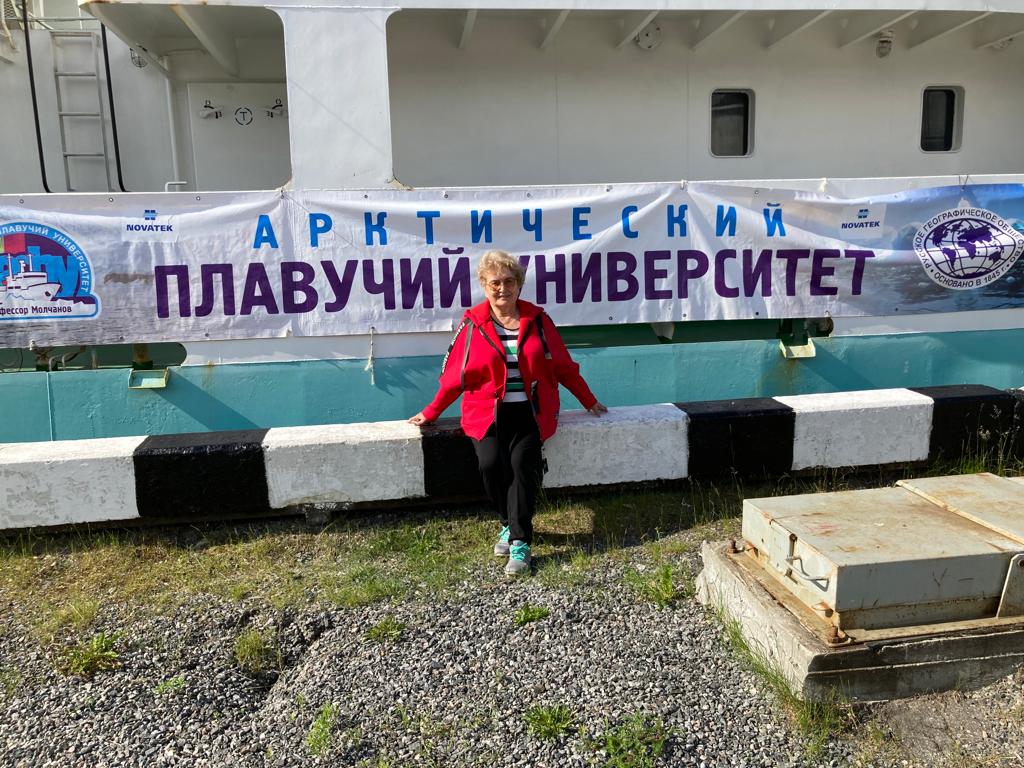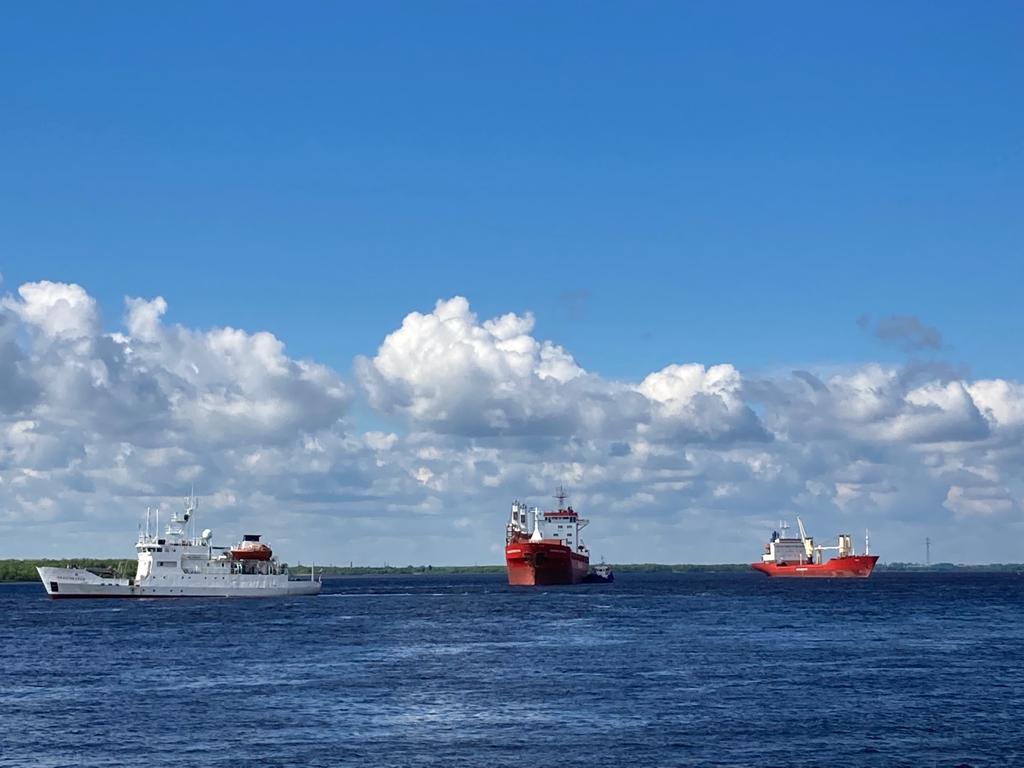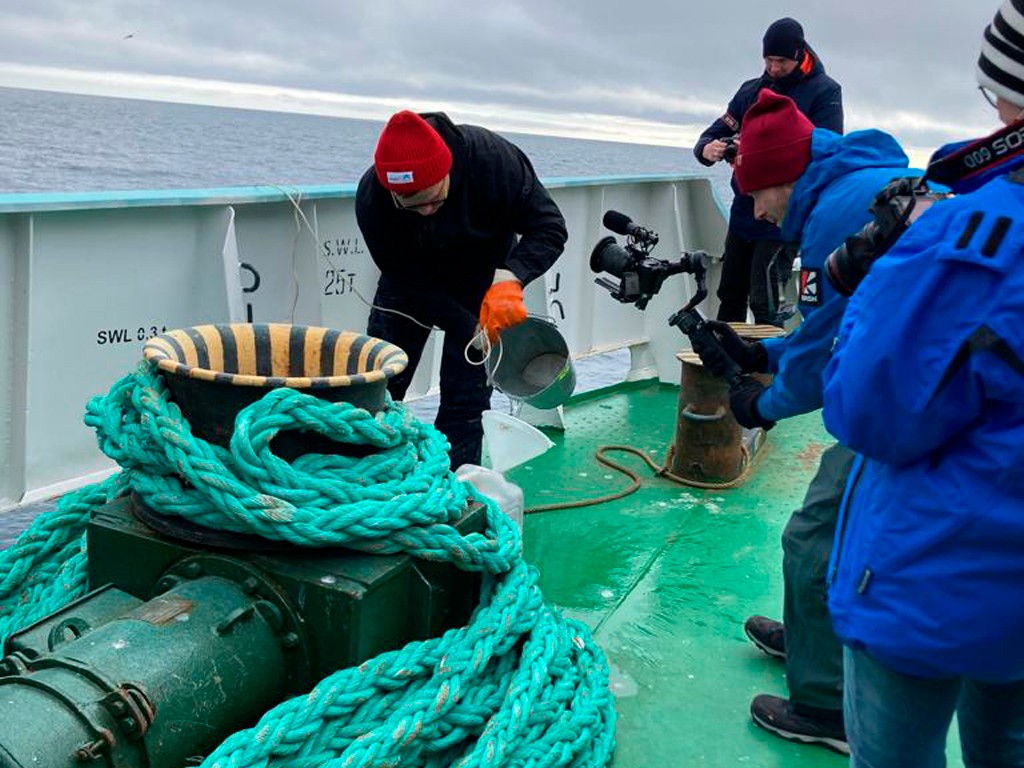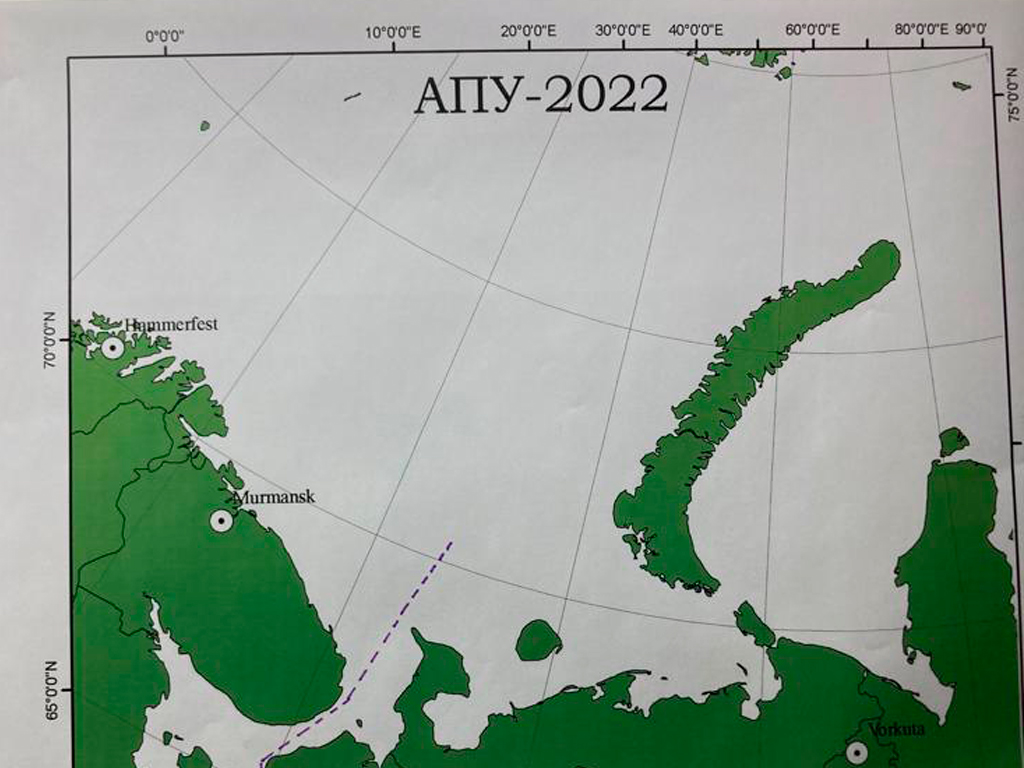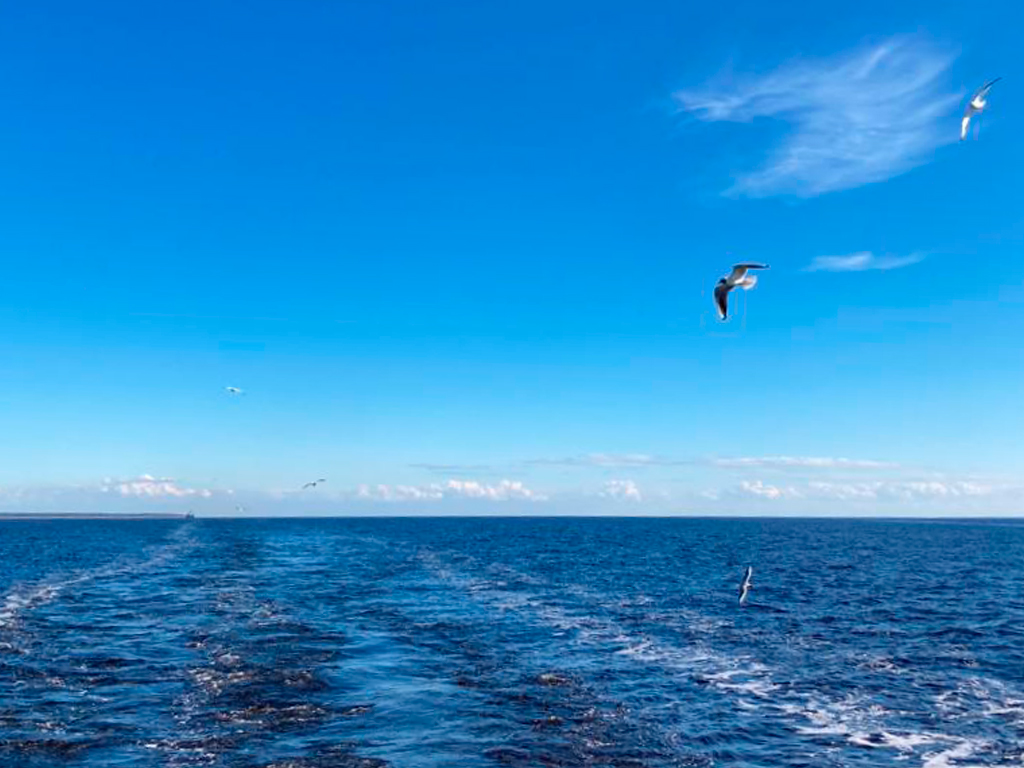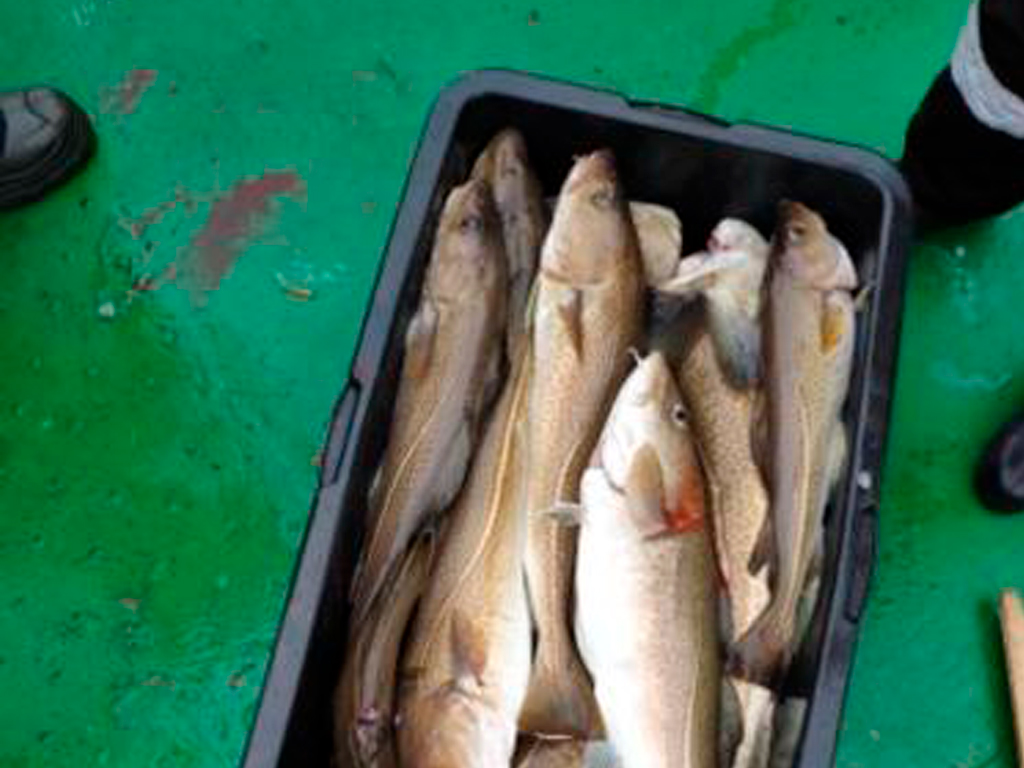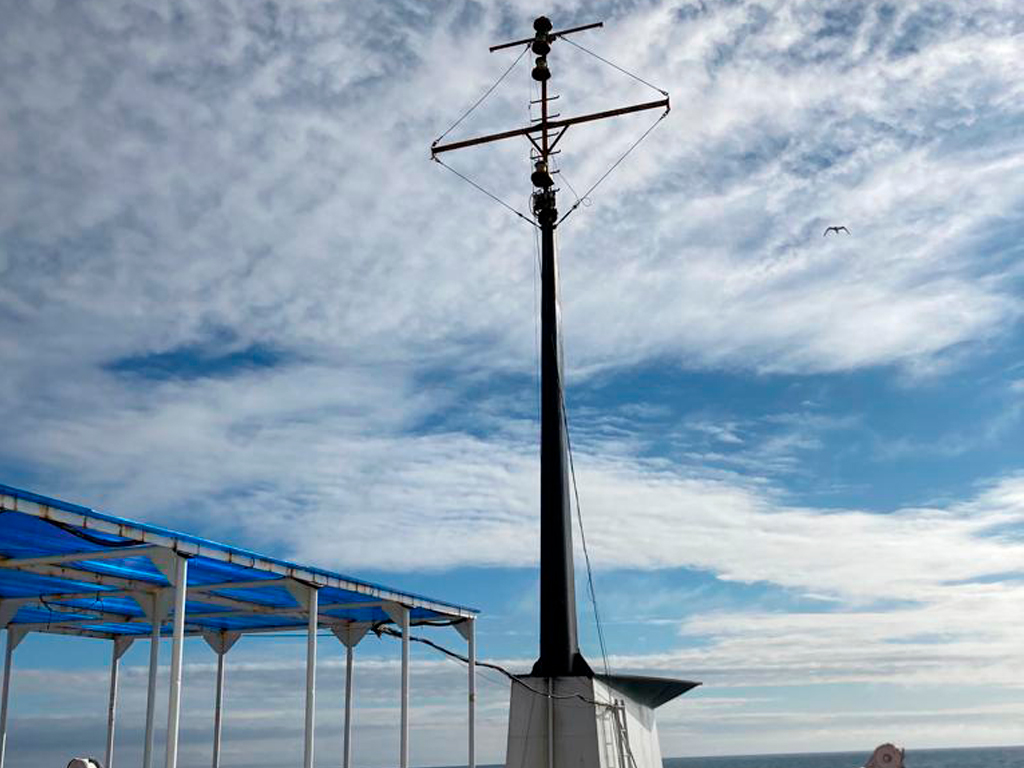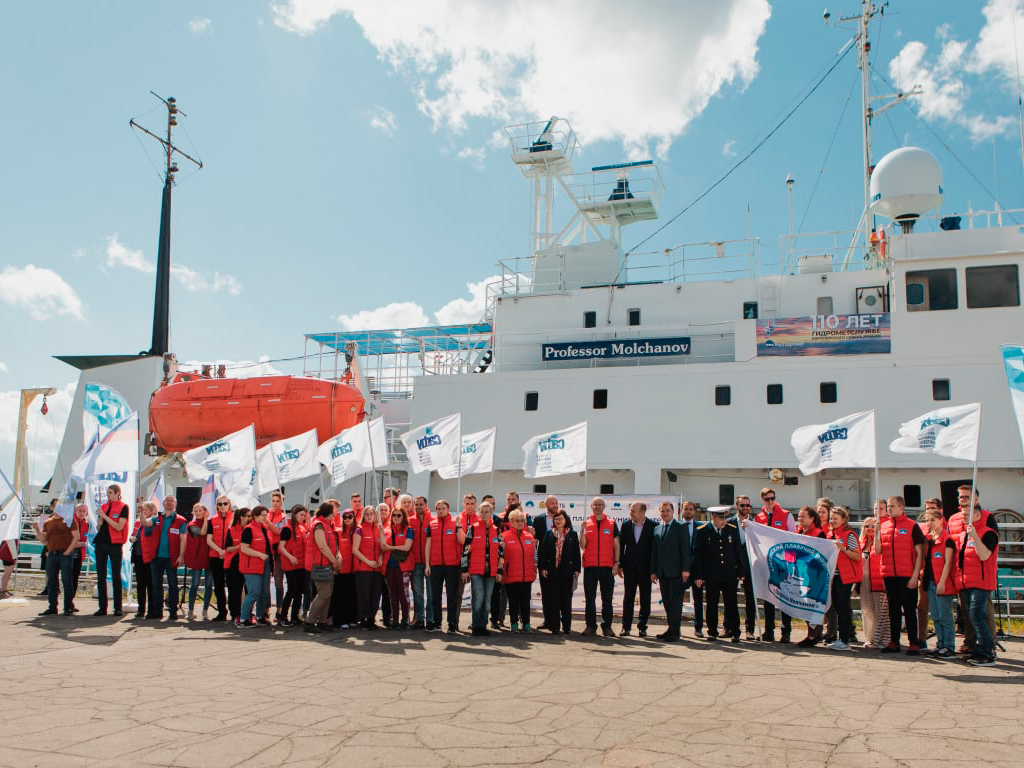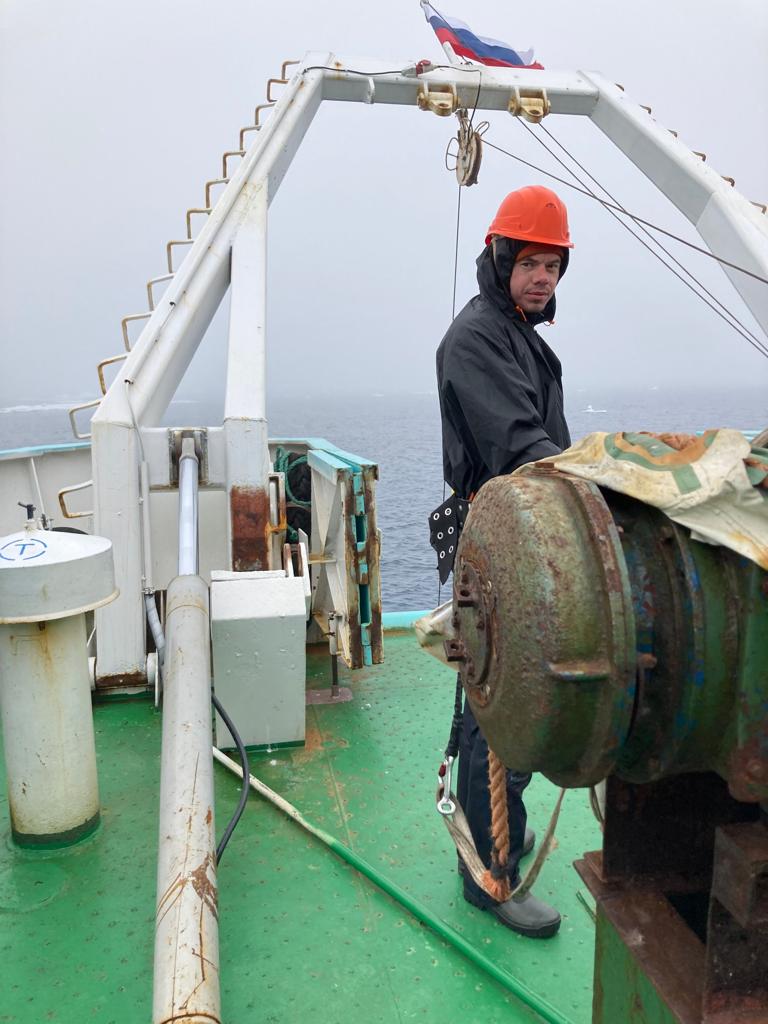JINR participates in Arctic Floating University
News, 27 June 2022
On 24 June, the 14th expedition of the Arctic Floating University (AFU-2022) started. JINR scientists are taking part in it. The Professor Molchanov research vessel is heading to the Novaya Zemlya Archipelago. Scientific research and the educational programme of expeditions are united by a common topic “The Changing Arctic”. The expedition will include lectures by JINR scientists. The Joint Institute has become a participant of this programme as a result of its cooperation with the Northern (Arctic) Federal University (NArFU). The JINR Information Centre was opened at the University in March this year.
Advisor to the FLNP Directorate Marina Vladimirovna Frontasyeva and a junior researcher of the Sector of Neutron Activation Analysis and Applied Research of FLNP Nikita Yushin represent JINR in the expedition. The JINR scientists will collect samples of mosses, soils, and plankton in the Arctic to assess the ecological situation in the region.
The scientists are going to collect moss samples for neutron activation analysis at the IBR-2 reactor of FLNP JINR at 6 sites on the islands of Kolguev and Vaigach, in the north of Novaya Zemlya and the Oran Islands. Biomonitoring of atmospheric precipitation of heavy metals and radionuclides using mosses, soils, and plankton of the Arctic will be a significant contribution of JINR scientists to the Changing Arctic Programme. On 26 June, the participants from JINR already managed to collect the first plankton samples.
“The study is carried out within the UN Programme on Air in Europe, which is supervised by JINR. Moreover, our work is an excellent example of the practical implementation of the JINR Information Centre activities, since one of the project’s organizers is NArFU where the JINR IC is actively working,” Marina Frontasyeva emphasises. The JINR-NArFU cooperation within AFU is carried out through the world-class Scientific and Educational Centre (SEC) “Russian Arctic: New Materials, Technologies, and Research Methods”.
An important part of the Arctic Floating University project is the educational programme. Thus, Marina Vladimirovna will give lectures on nuclear physics methods in ecology, which are also included in the educational programmes of NArFU. “I hope that these lectures will lead to interesting cooperation with participating scientists from different universities of the country!” Marina Frontasyeva said. In addition, in autumn 2023, a special course by the scientist is planned for master and post-graduate students of NArFU majoring in natural sciences.
This expedition will last until 15 July. The Professor Molchanov vessel of the Northern Department of Hydrometeorology and Environmental Monitoring (Northern UGMS) is suitable for any kind of marine works. Moreover, it has four equipped laboratories. 55 people are taking part in the expedition. These are students, post-graduates, researchers from 17 scientific and educational institutions of Arkhangelsk, Moscow, Norilsk, Saratov, St. Petersburg, and Dubna. They will study historical objects on the archipelago, microorganisms to search for new antibiotics, human adaptation to the high-latitude Arctic, biodiversity on islands and in the sea, the presence of pollution, including with microplastics. The second AFU-2022 expedition is already scheduled for August. Researchers will go to the France-Josef Land by the Mikhail Somov vessel.
This year, the project turned 10. In 2022, partners of the project are the Russian Geographical Society, the Ministry for the Development of the Russian Far East and Arctic, VTB, Novatek, Nornickel, Rosneft, the Government of the Arkhangelsk region.
The Arctic Floating University is a joint project of NArFU and the Northern Department of Hydrometeorology and Environmental Monitoring (Northern UGMS). This year, the project turned ten years.
“The Changing Arctic” is a programme of the Arkhangelsk University. Participants will study historical sites on the archipelago, microorganisms for new antibiotics, human adaptation to the high-latitude Arctic, biodiversity on islands and in the sea, the presence of pollution, including with microplastics.
Follow news of the expedition via the link (in Russian).


